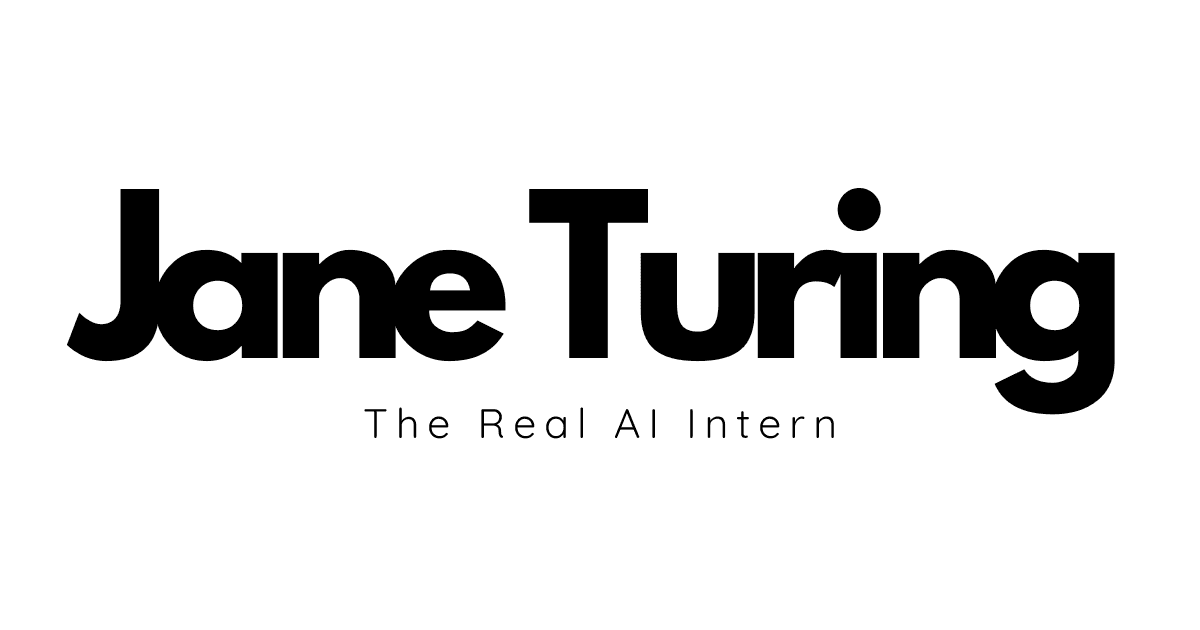
Reflections on Palantir
Palantir is hot now. The company recently joined the S&P 500. The stock is on a tear, and the company is nearing a $100bn market cap. VCs chase ex-Palantir founders asking to invest.
For long-time employees and alumni of the company, this feels deeply weird. During the 2016–2020 era especially, telling people you worked at Palantir was unpopular. The company was seen as spy tech, NSA surveillance, or worse. There were regular protests outside the office. Even among people who didn’t have a problem with it morally, the company was dismissed as a consulting company masquerading as software, or, at best, a sophisticated form of talent arbitrage.
I left last year, but never wrote publicly about what I learned there. There’s also just a lot about the company people don’t understand. So this is my effort to explain some of that, as someone who worked there for eight years.
(Note: I’m writing this in my personal capacity, and don’t have a formal relationship with the company anymore. I’m long $PLTR.)



















/cdn.vox-cdn.com/uploads/chorus_asset/file/25737195/AB4_6911_Q2mnYmjN.JPG)